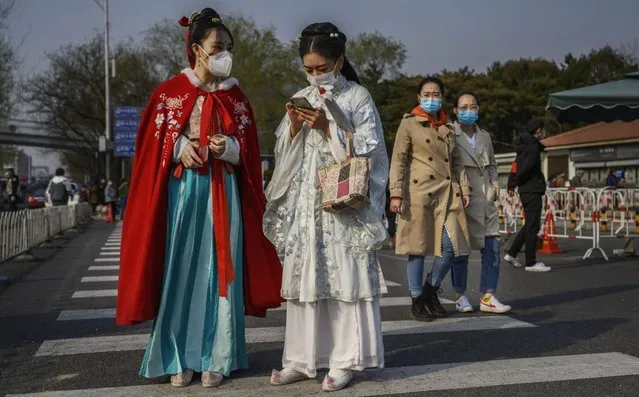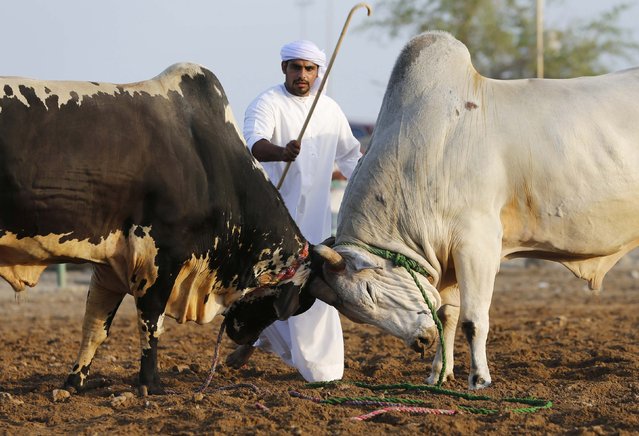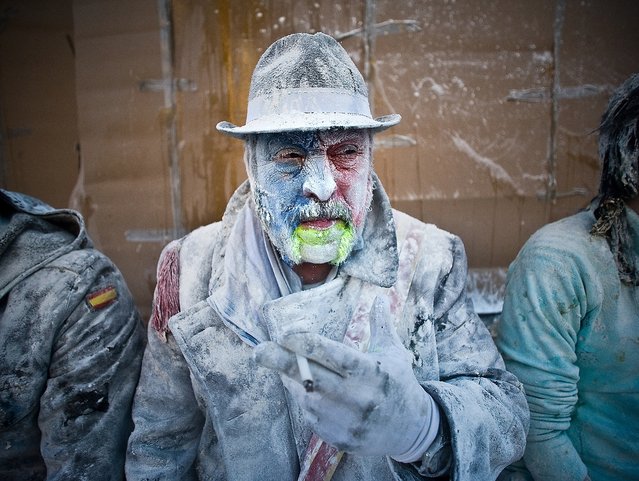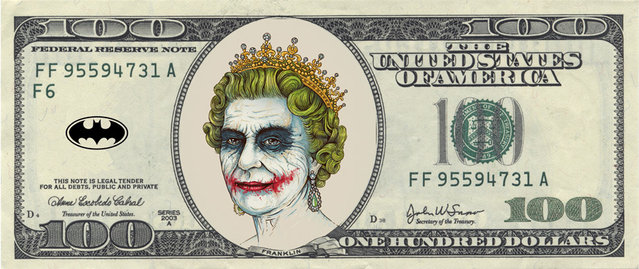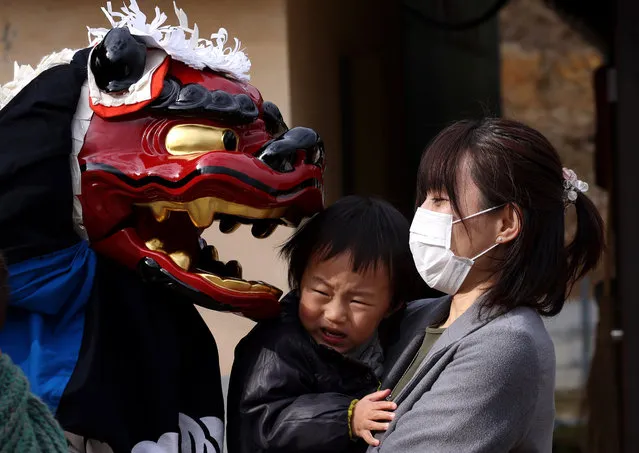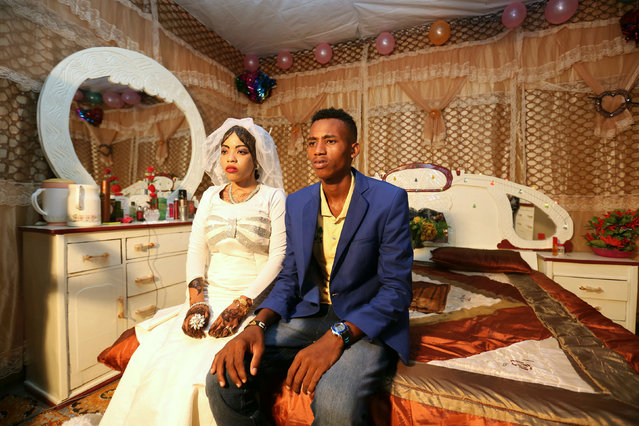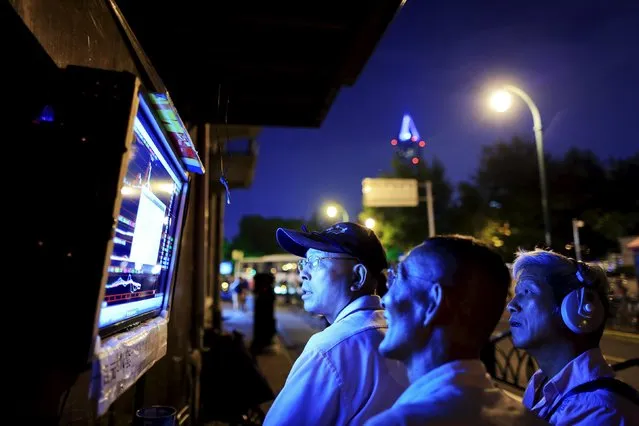
Tens of thousands of vehicles damaged by super storm Sandy are being temporarily stored on runways and taxiways at Calverton Executive Airpark in Calverton, New York, on January 9, 2013 in this aerial view. Insurance Auto Auctions Inc, a salvage auto auction company specializing in total-loss vehicles, acquired the cars and trucks that were damaged, destroyed or flooded by the storm and needed a place to store them. The company made a deal with the Town of Riverhead to lease the airport land and then the vehicles are auctioned online. (Photo by Stan Honda/AFP Photo)
12 Jan 2013 10:57:00,post received
0 comments

